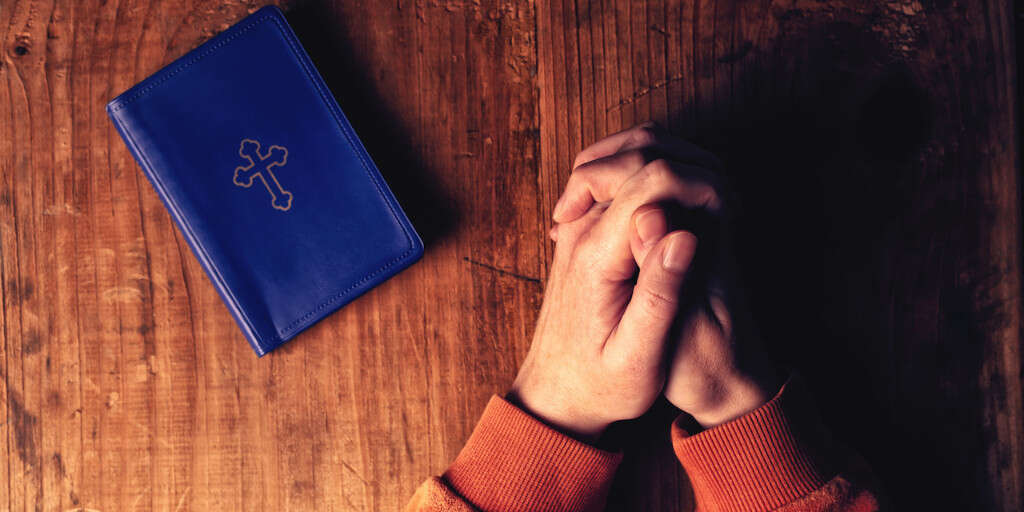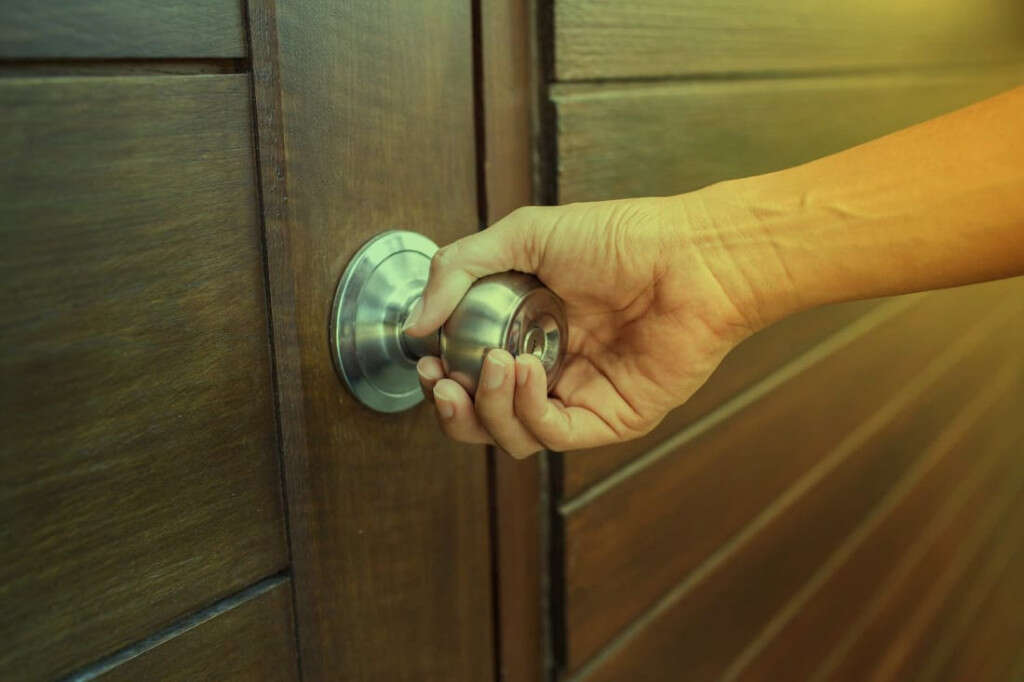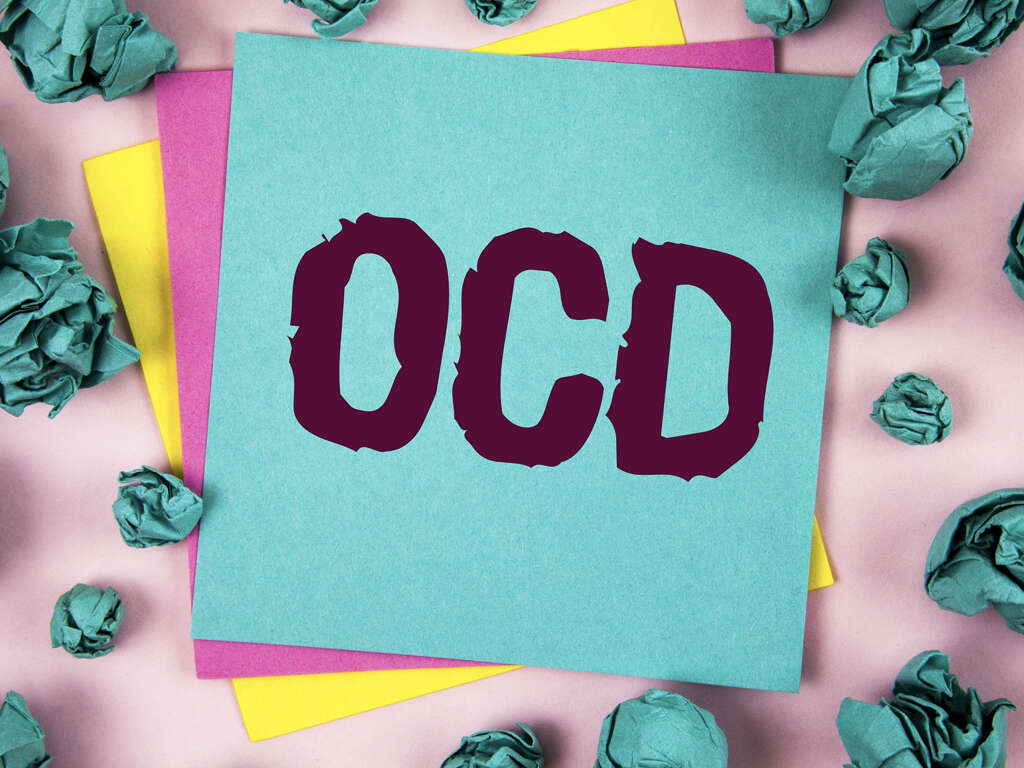10 Obsessive Compulsive Disorder Symptoms
Obsessive compulsive disorder (OCD) is a mental condition that can adversely affect the quality of a person’s life. People with obsessive compulsive disorder often find that they get an idea or a desire in their head and have a hard time focusing on anything else until these desires are met. Many people are aware of the typical OCD patient who has a hard time being in a room where everything isn’t organized accurately. These people often have a need to alphabetize, color-code, and otherwise organize things until everything is in perfect order.
Unfortunately, there are a lot of other symptoms associated with OCD that many people don’t recognize. People with OCD often have compulsive thoughts and behavior patterns that override their normal daily activities. This can make it very difficult for people with OCD to enjoy a regular daily routine.
In this article we’re going to discuss some of the most common traits and symptoms of people suffering from OCD. Unfortunately, there is no known cure for OCD. However, behavioral therapies have been known to assist people suffering from the condition. If you are experiencing a number of these symptoms, then you might want to consider getting yourself checked in for some sort of therapy to help ease your discomfort.

Symptom #1: Excessive Organizing
It’s normal to want to live in a clean space. It feels good to have things where you want them, and this can also indicate a good, clean state of mind.
Unfortunately, for people suffering from OCD, the need to clean and organize can be overwhelming. People with OCD often feel physically uncomfortable if they are in a room where things aren’t organized, and if you misplace something at a friend’s house if they have OCD, be prepared to fear their wrath. On the bright side, people with OCD tend to live in very clean and organized environments.

Symptom #2: Unwanted Sexual Thoughts
It’s natural to have sexual thoughts. As human beings, we are hard-wired to feel the need to procreate. Unfortunately for people with OCD, these thoughts can be aggressive and can come at inappropriate times. Known as invasive thoughts, these thoughts don’t always reflect the nature of the person with OCD. This can make these thoughts incredibly uncomfortable and can lead to issues with a person’s self-esteem.
For example, a person with serious OCD may experience invasive sexual thoughts regarding a family member or teacher. In many cases, the harder that they try to resist these thoughts, the more powerful that they become.

Symptom #3: Unwanted Violent Thoughts
Another form of invasive thought that often strikes people with OCD are violent thoughts. These thoughts can strike randomly and often interfere with a patient’s ability to focus.
Experiencing violent thoughts in no way means that the person is actually violent. In fact, the type of invasive thoughts a person with OCD experiences often reflect what they don’t like, so if you’re experiencing violent thoughts that you want to go away, don’t worry – you’re not a psychopath.

Symptom #4: Excessive Hygiene
It’s good to maintain a regular hygiene practice to ensure that you’re clean. However, if you are constantly focusing on hygiene to the degree that you neglect some of your other daily tasks, it might be a sign that you’re suffering from OCD.
For example, some people with OCD often experience the need to shower 2 or 3 times on a daily basis. If they don’t, they feel very unclean.

Symptom #5: Fear of Germs
Another thing that’s quite common among people suffering from OCD is an irrational fear of germs. Sure, it’s normal to want to stay clean and healthy. Practices like washing your hands after going to the bathroom are important. Unfortunately, people with OCD often take the need for being germ-free to another level.
People with OCD are often seen compulsively washing their hands at every opportunity. They may wear an oxygen mask when they go out to avoid inhaling other people’s germs. These things are not always necessary and can indicate a mental health problem.

Symptom #6: Fear of Losing Control
People with OCD often suffer from a fear of losing control. This fear often revolves around violent impulses, particularly with people who are struggling with invasive violent thoughts.
In addition to having these thoughts, they may fear that they will lose control and actually begin acting out these thoughts. This can compound the stress that they already feel from having aggressive thoughts and can make them quite uncomfortable.

Symptom #7: Touching Objects
To understand patients with OCD, we need to be able to find the pathway leading to the symptoms. In OCD usually, it all starts with an obsession, an idea that you can’t get out of your mind. To deal with this obsession your brain creates distractions in the form of compulsions.
One of the most common compulsions we find in OCD patients is the touching of objects without a purpose. Turning on and off the light switch a bunch of times before exiting a room, is a classical sign of this symptom.

Symptom #8: Double-Checking Everything
People with OCD often experience a frequent and constant need to double- and triple-check everything that they do to ensure that it was done properly.
The classic image of a mother who needs to run back into the house to check that the oven’s off or a father who has to check that the door is locked two or three times before leaving rings true of OCD. If you are always worried about whether or not you did something properly, you might be suffering from OCD.

Symptom #9: Repeating Words
Another thing that people with OCD may experience is the need to repeat certain words over and over. This can occur during conversation or in their own internal dialogue.
They may have to repeat a certain word several dozen times before it feels ‘right,’ and they can move on from the compulsion.

Symptom #10: Checking on Loved Ones
Of course, it’s normal to want your loved ones to be happy and safe. But if you spend your entire day checking on your loved one to make sure that they’re not harmed, then you might be struggling with OCD.
This compulsion, while definitely guided by love, can certainly be a problem for both the person with OCD and the person that they’re checking up on.









